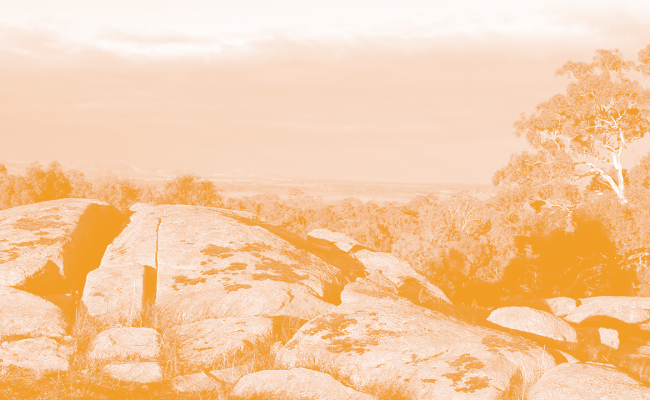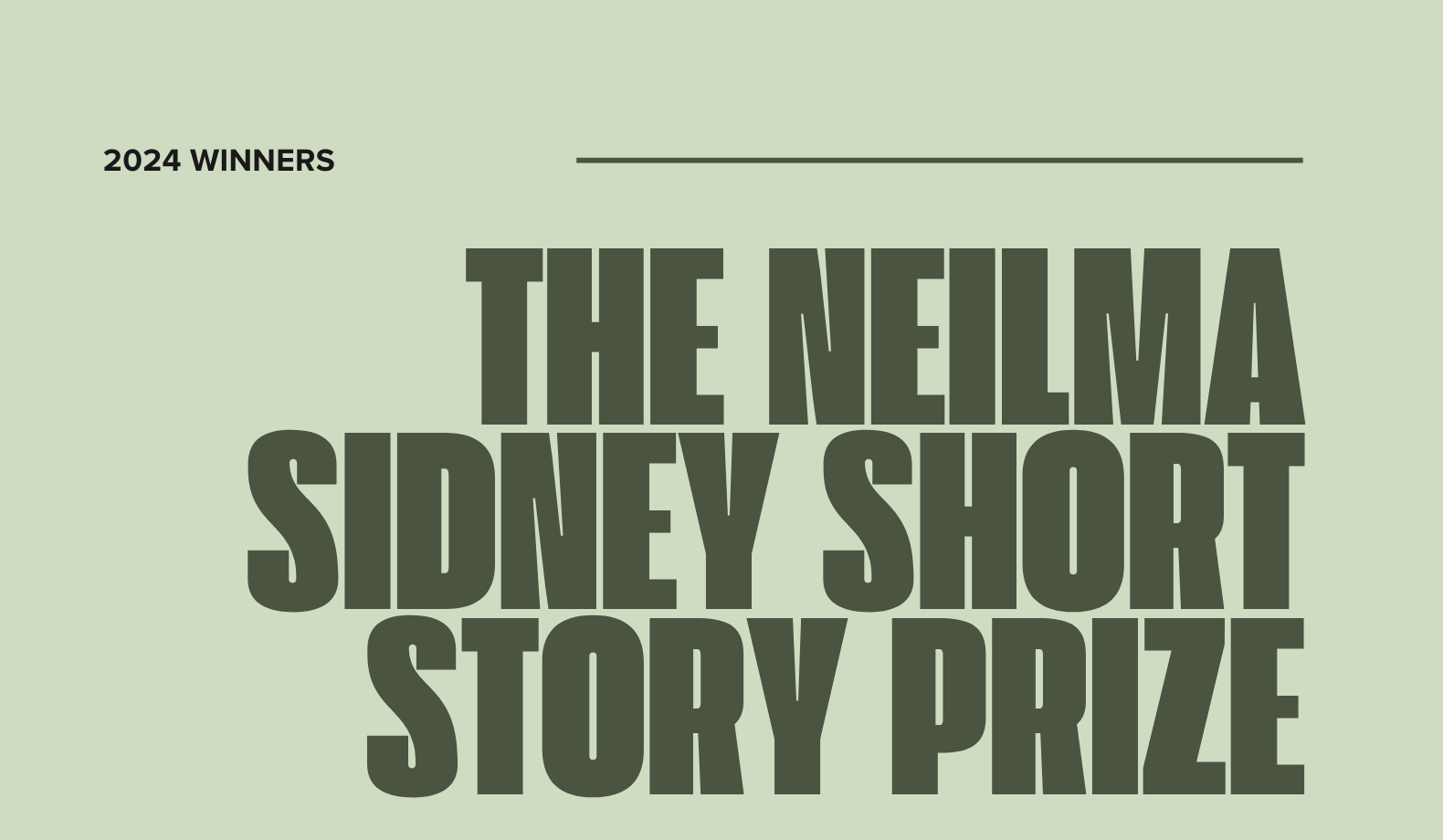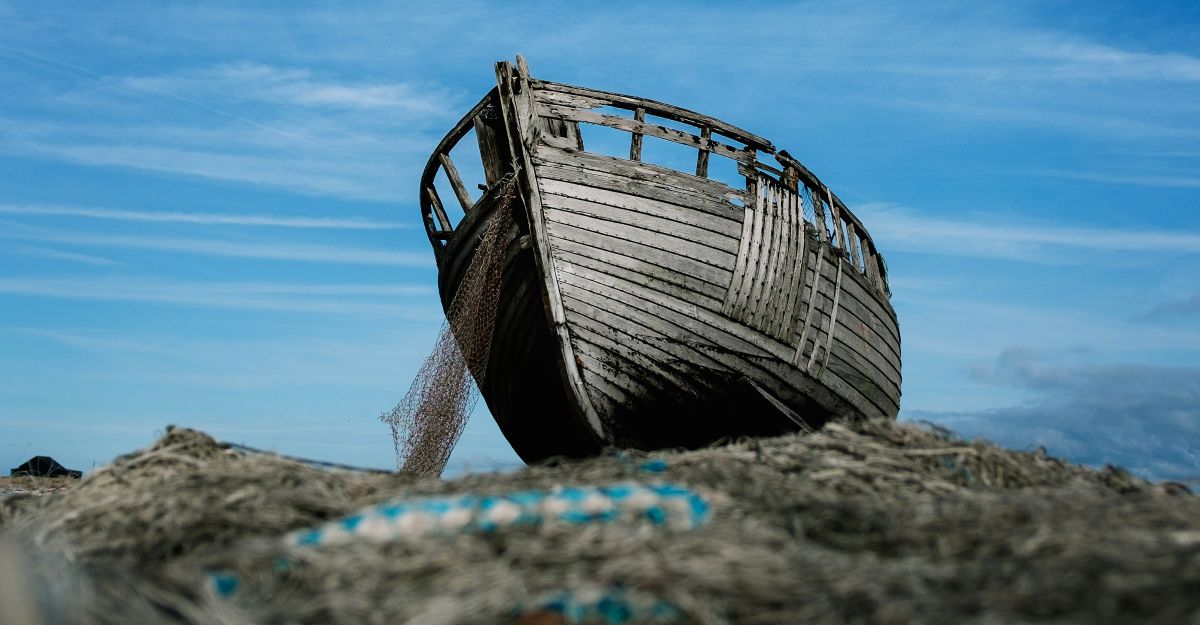Name: Ken
Age: 370 million years (approx.)
A bit about me: I was created from cooling magma during the Late Devonian period. Part of the Harcourt granodiorite formation in Victoria, I spent my early life underground before emerging into the air as the soil above me weathered away. Things are more interesting above ground, although I’m slowly shrinking as sun, wind and rain wear me down. Eventually, I will be little more than soil myself. I am at peace with that: from the Earth we are born, and to the Earth we will return. While time moves slowly for rocks, I feel I’ve gained some wisdom over the millennia. I’ve learnt the importance of being in the moment, soaking up the experience of the everyday. By rough calculation, I’ve been on this planet for more than 135 billion days. I have tried to value each of them.
I’m enjoying: Providing a home for the mosses and lichens that grow on my skin and the skinks that shelter in my crevices. These living things keep me company with their quiet perseverance. The skinks like to stretch out on top of the mosses and lichens on sunny days, so there are three layers of us then, with me solidly on the bottom. When it rains, the mosses soak up the moisture and become greener, more brilliant.
I’m listening to: The sounds of the world around me. I love the screeching of cockatoos, the zit-zit of thornbills and the determined buzzing of blue-banded bees. At night, I can hear boobook owls and – in the right season – the calls of those rackety frogs. My favourites are the banjo frogs that say ‘bonk’ and the emerald-spotted treefrogs that cackle maniacally on summer evenings. Then there are the familiar sounds of the non-living things: the wind in the trees, the occasional growl of thunder and the whisper of rain drops on the Earth’s skin. I also enjoy listening to the sound of trains as they crank along the tracks nearby, shuttling people between Bendigo and Melbourne. I must confess to being something of a train enthusiast – so perhaps that is me, the world’s first trainspotting rock.
I’m in awe of: The stars above. They remind me of the age and immensity of the universe, and that I’m just one rock on a single planet, in one solar system of a single galaxy. The stars help me to keep my own importance (or otherwise) in perspective. I’ve recently heard tell of the multiverse theory, which proposes there is not just one but an infinite number of universes. If correct, this would make each of us infinitely tiny. There is nothing wrong with being small and unimportant, if we are happy with that smallness and realise we still can work to make things better for others. As that famous book title suggests – I’m OK, you’re OK. It has been my observation that the ones who are unhappy with their own smallness are the ones who make trouble for the rest of us.
I’m reading: The weather patterns, which have me concerned. The last time it was this warm and dry was many thousands of years ago. More heat and less rain don’t bother me, but they are a problem for the living things. In recent times, we’ve had record high temperatures and scant rainfall. The creek is empty, the soil is parched, the trees are under stress. Kangaroos must travel further to find water and food. Frogs can’t complete their life cycle if water bodies dry before tadpoles emerge as little froglets, making their way with permeable skins into a big, dry landscape.
I’m eating: Nothing
I can’t stop thinking about: Connectedness. When I was created by my mother Earth, I was part of Gondwana, the giant southern land mass. Australia was directly connected to the vastness of Antarctica, India, Africa and South America; we nestled side by side, just south of the equator. Over time, these macro-scale connections stretched with the separation of the continents – stretched but did not break. We are still linked via the molten mantle of the Earth upon which all the continents float. It may take longer now to send a message to a geological formation in Mali or Brazil but we communicate nonetheless. On a more local scale, I remain connected to my many brothers, sisters and cousins, deep under the soil. Although separate rocks above ground, our feet are merged as one.
I’m working on: A range of creative projects, including a collection of haiku. My intention is to compose a new haiku every day for a year, and so far, I have been faithful to the task. A few examples, to give you a flavour of this oeuvre:
My friend echidna
Spiky body, smiling face
Bustling happiness
Tallest of them all
Most regal river red gum
Soaring majesty
Three-carriage sprinter
Whizzing past on shiny tracks
Quietest of trains
I’m also collaborating with my cousin Val on a series of spoken-word pieces that compare our experiences across the country-city nexus. Around 120 years ago, Val had the opportunity to enjoy city life for the first time when she was quarried, sliced and used to construct the lower section of the Bendigo courthouse. She likes the activity and interest of her new location, with one exception: being urinated on by drunken men. Luckily, this is mostly confined to Saturday nights. The 2014 fire at the Junction Hotel (just a few kilometres from here) inspired one of our creative dialogues. A familiar story perhaps – a man in debt, no buyer for his hotel, what could be more natural than to arrange for its conflagration and a handy insurance payout? However, our piece manages to capture pathos for the owner and his son (both convicted of arson for gain), as well as a rather dramatic re-enactment of the fire itself with flames and whooshing and the sirens of the responding vehicles.
Lastly – and this is a project I’m particularly excited about – I’m writing a rock opera to be staged on my hillside, with an overarching backdrop of trees and sky. It will tell the story of rock through the ages, from 4.5 billion years ago until the present day: hard rock, soft rock; igneous, metamorphic and sedimentary rock; molten and solid rock. It’s a rich tale with many chapters, although some details remain tantalisingly elusive. I’m having to engage my creative imagination to fill the silent gaps in my understanding of Earth’s geological history. The soundtrack will be drawn from some of the greatest rock hits the world has ever known. I don’t want to say too much here, except that I’ve been in touch with Jon Bon Jovi and he’s totally on board with the concept and the vision.
I’m angry about: Construction of a new interchange on the local highway that has taken the lives of many trees and created a bland, denuded landscape. Those trees were beautiful, gnarly, messy. They provided a home for many other living things; they linked soil to air through the transpiration of water; they gave shade and joy. Instead, there is now only smoothness and neatness and woodchips – plus a ridiculously large roundabout. At night, it glows with an excessive wattage of street lamps, a confrontation of light where there should be darkness. Maybe it is safer but it is also sadder. Intriguingly, it was the overlay for this interchange that caused a prospective buyer to withdraw their offer for the Junction Hotel, sparking the arson plot from which Val and I drew recent creative inspiration. Possibly another sign of the complex inter-connections within our universe?
What I know about love: You’ve heard all the sayings: love comes quickly, whatever you do; love is a battlefield; love lifts us up where we belong. Such observations may be derived from popular songs of the 1980s but that doesn’t negate their intrinsic truth. I’ve seen all these aspects of love, many times over. One of the benefits of being a rock is the ability to perceive the truth in anything or anyone – to see beyond the façades, the bad fashion choices, the bubble and froth that insecure beings generate to hide their own fear. And let me tell you, there’s a lot of fear out there: fear of surrendering to love; fear of losing our beloved to someone who’s more attractive than we are; fear that the object of our desire, once they have declared their desire in return, may turn out to be a teensy bit boring. At the same time, I understand the strength that comes from a loving solidarity with the other living and non-living things of our planet. This is the love that endures across ice ages and thermal maxima. This is the love that keeps me grounded, even as my heart heaves, cracks and crumbles through the vagaries of passion and its consequences.
I’m dreaming of: A time when all beings will properly value the living and non-living things of the earth. Because if that time doesn’t come soon, time could be up for some amazing and beautiful species. I’ve witnessed several mass-extinction events: I know the signs. Rocks like me, of course, will endure.
Advice to my younger self: Don’t be so impatient to grow up and see the world. Sure, things are dark and quiet under the earth, but subterranean living has its benefits. There’s a lot of time to think without distraction – something you will come to value.
Read the rest of Overland 239
If you enjoyed this piece, buy the issue
Or subscribe and receive
four brilliant issues for a year




